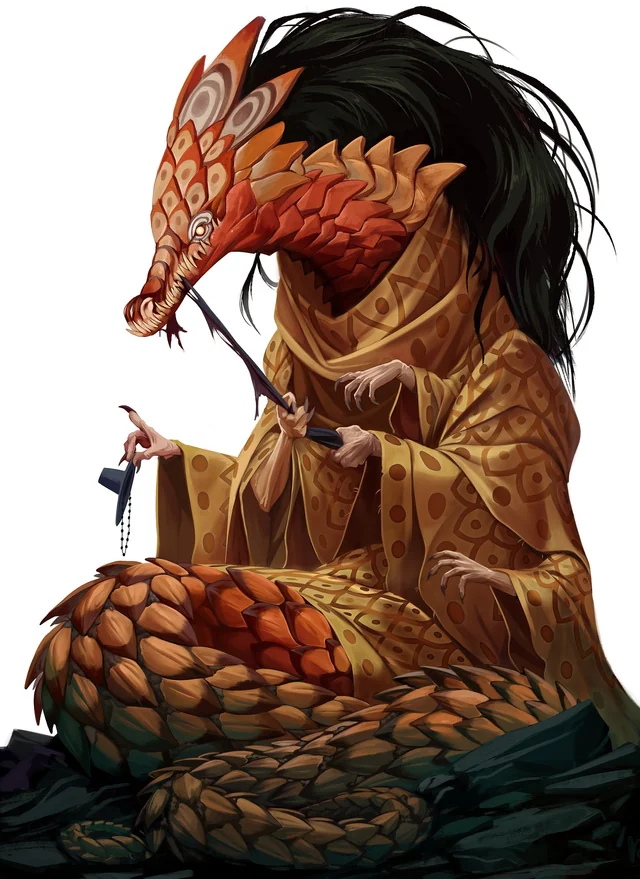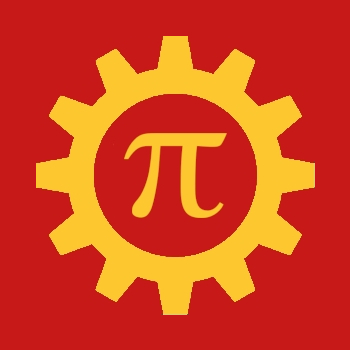I want to learn about the works of soviet mathematicians.
There’s this youtube channel (The Math Sorcerer) that does reviews of old or rare university and school textbooks. They have a lot of content on soviet books, including a lot of maths (the guy running it is a mathematician obviously). Might not be exactly what you are looking for, but there’s a lot of interesting information and names of authors, topics you might want to look up. Also great for seeing the environment Soviet scientists worked and trained in. The big takeaway is that Soviet textbooks were hardcore and to the point, as well as packed with information, and with a big focus on sharing knowledge internationally.
Yeah, I already knew The Math Sorcerer, it’s very good but I’d also like to know about math reasearch in the USSR.
I recall The Math Sorcerer saying that mathematics historically were printed in four languages. These languages being English, French, German and Russian. The USSR put a lot of resources into STEM research and even made the fruits of this research available to the public to read and learn from. In the USSR, you used to be able to get cutting-edge academic level textbooks and theory for cheap while in the West, just reading a single article from an academic journal can cost you $50.
It’s a really big shame because many people go to college and are completely shut out from the academic world after they graduate. The USSR took amateur science more seriously.
Andrei Kolmogorov organised the defence of Moscow in 1941 using statistics, and went on to formulate the axioms of probability theory.
Leonid Kantorovich made great progress in economic planning, numerical mathematics, and nuclear physics.
Lev Landau wrote what is to this day considered to be the most in-depth course in mathematical physics and explained superconductivity.
Andrei Markov developed the theory of Markov chains in probability theory and had a son who became a famous topologist.
Vladimir Smirnov worked on mechanics and differential equations and wrote a handbook of higher mathematics for engineers.
Sergei Sobolev is a household name to anyone who learns about functional analysis and PDEs. He invented distributions to generalise the concept of functions as solutions of differential equations.
Nikolai Bogolyubov solved many problems in mathematical physics and helped establish the theoretical foundations of renormalisation in QFT, which previously suffered from being mathematically dubious.
I heard about Leonid Kantorovich in Half Earth Socialism, so you could look into him, the inventor of linear programming.



